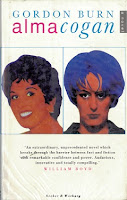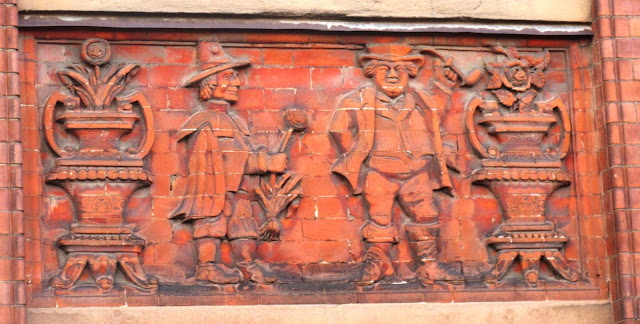There is a lovely piece on the appeal of John Masefield's The Box of Delights by Piers Torday in the Guardian.
Torday rightly identifies that the book's appeal lies in its blend of Christian and pagan and ancient and modern elements. The book blends:
the folkloric mysticism of Albion with the lurid criminalities of the jazz age. There are ancient wizards, Christmas feasts and talking animals – but also bang-up-to-date thrills: criminal gangs of jewel thieves, machine guns and time travel.And, as he points out, Masefield has been mightily influential:
The central trio – sensitive, orphaned hero Kay, who has a dormant gift for magic; the ferociously intelligent and independent Maria; and the loyal but slightly dim Peter (plus a flying car and a wise wizard mentor) – will feel familiar to readers of Harry Potter.
Sylvia Daisy Pouncer, the witch in twinset and furs, feels like a direct ancestor of Dahl’s neighbourhood witches. Masefield had his children escaping to a fantasy world of deep magic through a domestic portal before CS Lewis ever opened his wardrobe.Masefield was also an influence on one of my own favourite writers.
T.H. White wrote in a letter to his old tutor L.J. Potts in 1938 about a book he had just finished:
What I fear is that it has feeble traces of A.A, Milne. I should have liked it to be like Masefield's Midnight Folk, a book which I love this side of idolatry. It is called The Sword in the Stone.The Midnight Folk is the first of two books in which Kay Harker battled Abner Brown and Sylvia Daisy Pouncer. The Box of Delights is the second.
















































